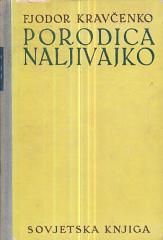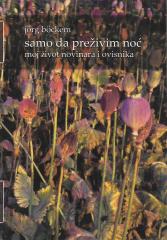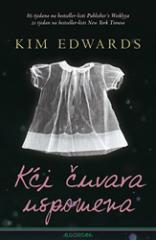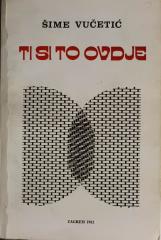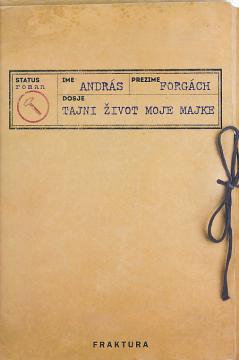
Tajni život moje majke
A beautiful, very beautiful book. And sad. And dramatic. And what is enchantingly beautiful and dramatic about it is that sadness does not even for a moment overcome the son of its heroine, Bruria, the author of this book.
When András Forgách learns one fine, or not so fine, day over the phone that one of his closest relatives has been a zealous collaborator of the Hungarian security service for years, he is sure of only one thing: it cannot possibly be his late mother. He has heard similar rumors about his father before, but he would always dismiss them with a simple argument: hard-line communists like his parents would never be capable of playing a double game. When he finally learns the identity of the spy in his own family from a person who stumbled upon the file in a café, Forgách's whole world collapses. And how else could a writer – who was described by the secret services as “a very gifted man who knows how to keep quiet, and at the same time walks through the world with his eyes wide open” – react to such a shock than by writing a novel in which he gives voice to members of his family who are no longer alive, and among whom someone even betrayed his own children. In the novel The Secret Life of My Mother, Hungarian writer András Forgách grapples with an incredible realization about his family. In a bid to understand the past and come to terms with the present, she reconstructs her parents' lives in a tense tale of love and betrayal, family and state, charm and madness, and above all, forgiveness. A beautiful, very beautiful book. And sad. And dramatic. And what is enchantingly beautiful and dramatic about it is that grief does not overcome the son of its heroine Bruria, the author of this book, for a moment. Péter Nádas It is difficult to even comprehend how András Forgách found the strength of mind to write this novel. On-magazine, Great Britain The Secret Life of My Mother is a moving and intimate novel that will sometimes remind you of Günter Grass. Sunday Herald The semi-mythologized story, which Forgách tells by alternating fiction, poetry and journalism, has its roots in a concise story about the Cold War. This book is not only a literary sensation in his native Hungary, but also in the fifteen or so countries where it has been translated. The Guardian Hungarian society may only now have reached a point where it dares to confront itself and overcome some deadly pithy truths that, as we know, can only ever apply to someone else. The subject of this very welcome book is only now becoming a trend in contemporary Hungarian art.
One copy is available
